Organizational Members

PHI brings together experts to develop new, collaborative approaches to public health challenges around the globe. PHI’s Center for Climate Change & Health contributes to building healthy and climate-resilient communities that have the right tools to mitigate and adapt to climate change. The Center engages local leaders, scientists, policymakers, health care providers and civil society in mainstreaming the protection of health across a wide range of policies and sectors. It promotes strategies that reduce long-term climate change, promote climate resilient communities, protect all people from the health impacts of climate change, and optimize health and health equity outcomes.
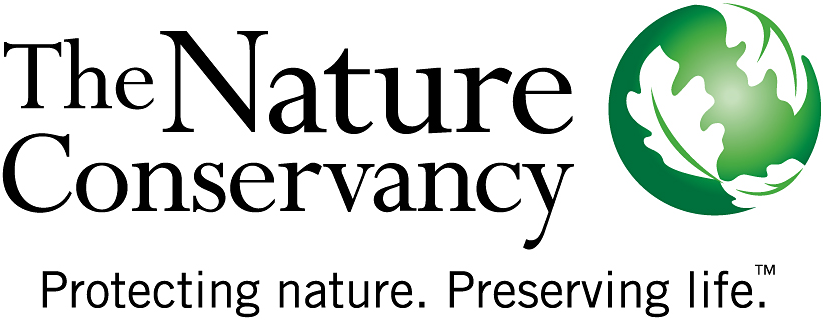
Climate change is one of the world’s most urgent challenges and an immediate risk to our communities, economies, and to our conservation mission. We must act – as individuals, in our communities, as business leaders, and as policymakers. The Nature Conservancy promotes practical, innovative solutions to create a prosperous, low-carbon future that is cleaner, healthier, and more secure for everyone.
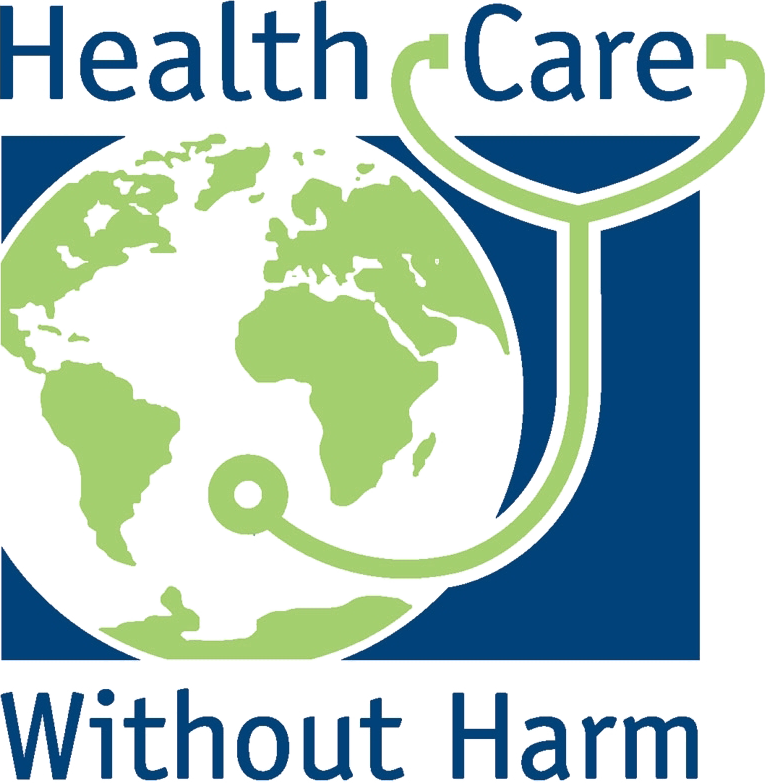
The Climate program for Health Care Without Harm works with health care workers, health care professionals, and hospitals to promote climate leadership. Examples of strategies include employee engagement, clean tech investment, fossil fuel divestment, resiliency, and identifying and supporting clinical climate champions.
Berkeley
California
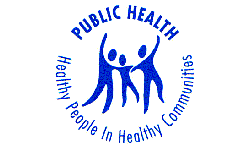
The Berkeley Public Health Division is made up of public health nurses, community outreach workers, health educators, health care providers, and other public health professionals who are all committed to eliminating health inequities in Berkeley. The Public Health Division provides direct services for individuals and families and work together to address the social, educational, economic, and environmental inequities that affect health. The Public Health Division works to ensure the health and well being of all Berkeley residents and believes that every person in Berkeley has the right to good health.

NACCHO works to increase local health department (LHD) awareness of and access to relevant tools, information, and other resources to prepare for and address the health effects of climate change. NACCHO also works to ensure that LHD perspectives and priorities are represented to government, partners, and others and are included in policy developments.

The mission of George Mason University Center for Climate Change Communication (4C) is to conduct unbiased public engagement research --- and help government agencies, non-profit organizations, and companies apply the results of this research --- so that collectively, we can stabilize our planet's life sustaining climate.

CLIMATE 911 is a national network of health professionals who take action once a month to support healthy climate policy. Our prescription for climate action can cut greenhouse gases while reducing rates of top killer diseases like diabetes, heart disease, and cancer. We monitor the scientific literature about climate and health; disseminate up to date information to our colleagues, policymakers, and the general public; and advocate for public policies to lower greenhouse gas emissions.
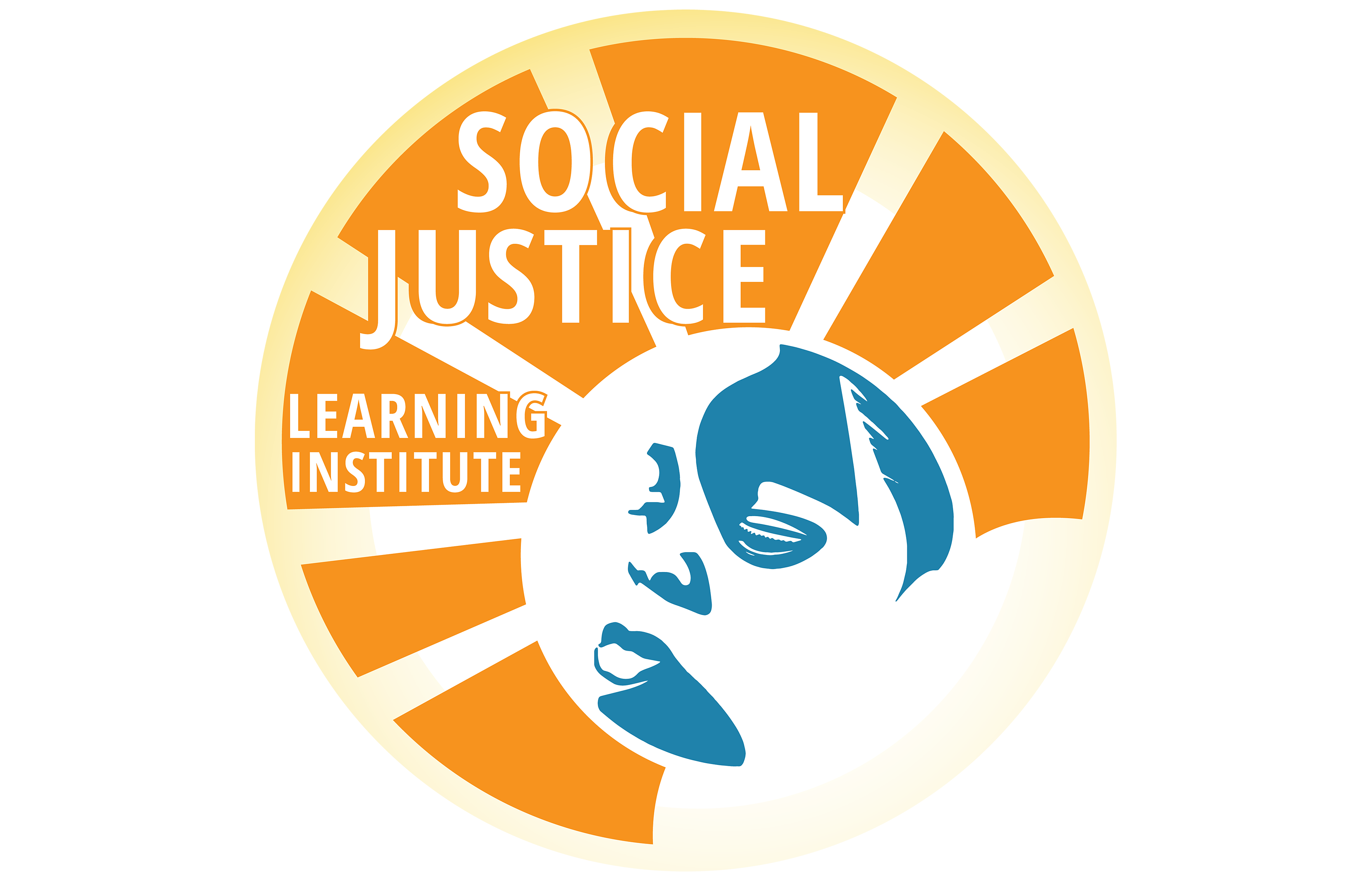
The Social Justice Learning Institute (SJLI) is dedicated to improving the education, health, and well-being of youth and communities of color by empowering them to enact social change through research, training, and community mobilization. SJLI envisions communities where individuals use their agency to improve each other’s lives. SJLI works with youth, residents, local schools, districts and city officials to increase educational opportunities through innovative programs and sustainable practices. SJLI also develops and manages programs that advance academic, food, and environmental justice.

The Florida Institute for Health Innovation (FIHI) believes that today’s health challenges require a new way of working based on shared leadership; aligning root causes and strategy and measurable results. FIHI believes that innovative collaborations produce innovative solutions for healthier communities. A nonprofit public health institute, FIHI facilitates data-driven, results-based collaborative action; conducts community-focused research and evaluation, and provides impartial analysis of policy health impacts.

For over fifty years, Health Resources in Action (HRIA) has been a leader in developing programs that advance public health and medical research. Through their Community Health and Medical Foundation divisions, HRIA workS with governments, communities, scientists, and nonprofit organizations that share an imperative for resolving today’s most critical public health issues through policy, research, prevention, and health promotion.
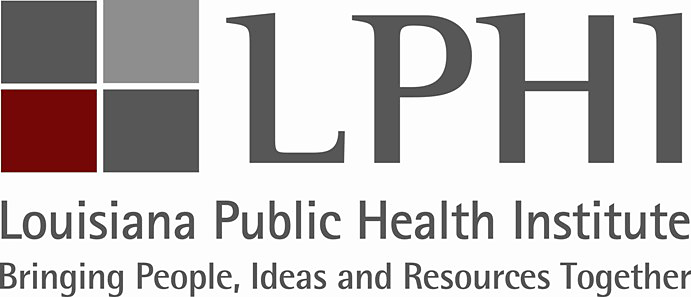
Louisiana Public Health Institute (LPHI) serves as a partner and convener to improve population-level health outcomes. LPHI's mission is to improve the health and quality of life of all Louisianans regardless of where they live, work, learn or play. LPHI coordinates and manages public health programs and initiatives in the areas of health systems development and community health improvement and provides an array of services to help meet the needs of local and national partner organizations.

APHA champions the health of all people and all communities. APHA strengthens the public health profession by speaking out for public health issues and policies backed by science. The only organization that influences federal policy, APHA has a 140-plus year perspective and brings together members from all fields of public health.

The National Nursing Centers Consortium (NNCC) advances nurse-led health care through policy, consultation, programs and applied research to reduce health disparities and meet people’s primary care and wellness needs. NNCC takes the lead in developing and running community programs, in partnership with member clinics, which help people lead healthier and safer lives. In alignment with this, NNCC has a long and successful history in providing a variety of environmental health services, including several initiatives concerning climate change and health.

Allergy & Asthma Network is a multidisciplinary, patient-centered network dedicated to ending needless death and suffering due to asthma, allergies and related conditions through outreach, education, advocacy and research. Since 1985 we have helped millions of families by providing medically accurate, patient-friendly information to win over asthma and allergies.
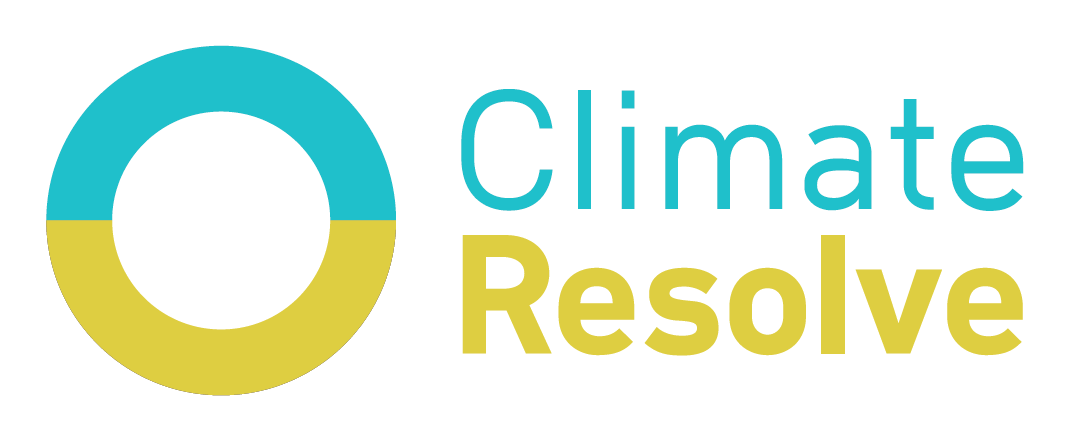
Climate Resolve is a Los Angeles-based nonprofit dedicated to creating real, practical solutions to meet the climate challenge while building a better city for Angelenos today and in the future. Our mission is to make Southern California more livable and prosperous today and for generations to come by inspiring people at home, at work, and in government to reduce greenhouse gas pollution and prepare for climate impacts. To achieve our mission, we:
■ Promote practical solutions for Southern California;
■ Build collaborations to implement regional climate initiatives;
■ Develop communication strategies that make local climate impacts relatable;
■ Share our approach as a model for cities and regions across the world to create lasting global change.

PSR is a network of all types of health professionals, students and advocates across the U.S. and concentrated in 20 chapters in 15 states along with a national office. Our members and staff provide public education and outreach about the health threats of climate change and their solutions. We are currently pushing for implementation of the Clean Power Plan. We work to keep fossil fuels including methane in the ground and work to stop fossil fuels exports. We bring information about the health threats of mining, burning and transporting natural gas, coal and oil to policymakers along with the health benefits of developing sustainable means of electricity, transport and heating.
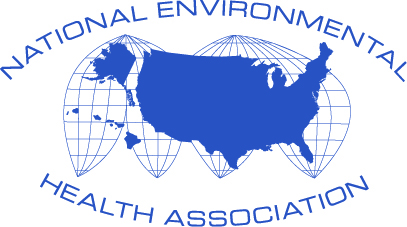
NEHA has been training and educating environmental health professionals since 1937, from Ebola and Chikungunya to bed bugs and E-coli, wherever human health and the environment intersect. NEHA is building the capacity of local and state health departments and agencies to address, mitigate, and adapt to climate change, specifically addressing the health impact and effects of climate change with training and educational resources. Staff skills include communication skills, policy expertise, spokesperson experience, network connections, and education/resources.
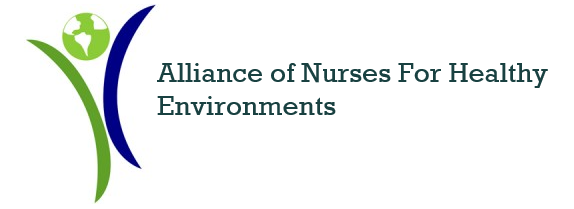
We work with nurses and nursing organizations on climate change and health - education, advocacy, etc.
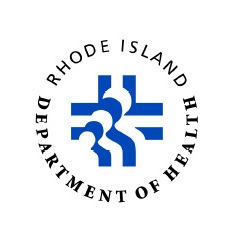
The Climate Change Program at the RI Dept. of Health aims to assist our State and Rhode Islanders in preparing for climate change through both mitigation and adaptation efforts, building resiliency in our communities, and reducing the public health burdens related to climate effects.
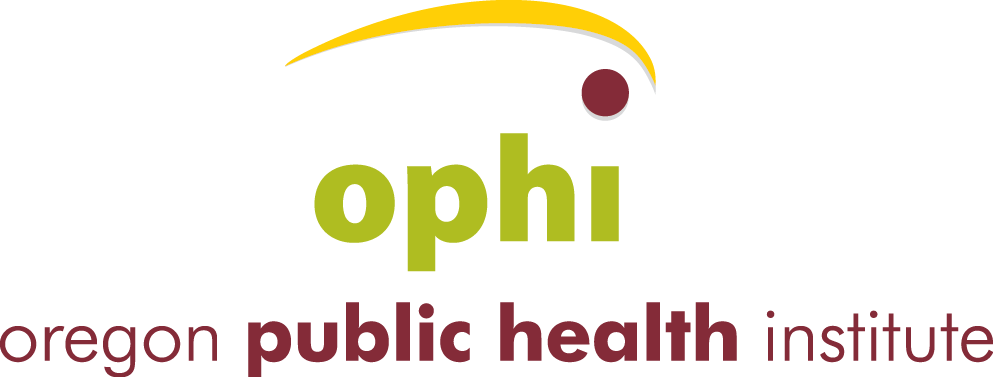
Oregon Public Health Institute (OPHI) is an independent nonprofit organization committed to building vibrant and healthy communities in Oregon. We convene diverse individuals and organizations to inspire meaningful community led collaboration. Our consulting team has the technical expertise and understanding of best practices to help public and private partners adopt innovative, sustainable policies and programs that reflect their unique needs and enhance health, improve equity, and reduce disparities.
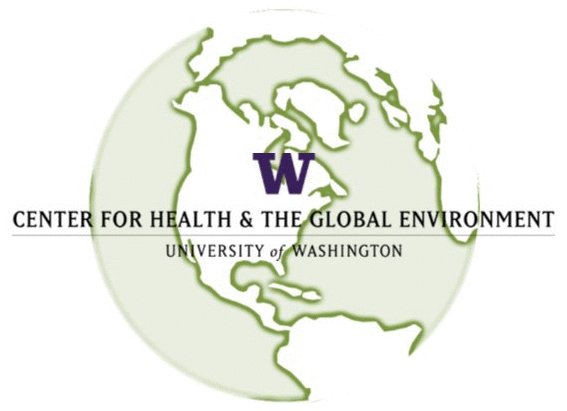
CHanGE (The Center for Health and the Global Environment) envisions a world of individuals, communities, and nations with the knowledge, capacity, and tools to effectively and efficiently manage the risks global environmental change is presenting to human health and well-being. We consult on and conduct research around all aspects of climate change and health. Our work includes issues around heat, active transport, and other policies and programs that can affect health.
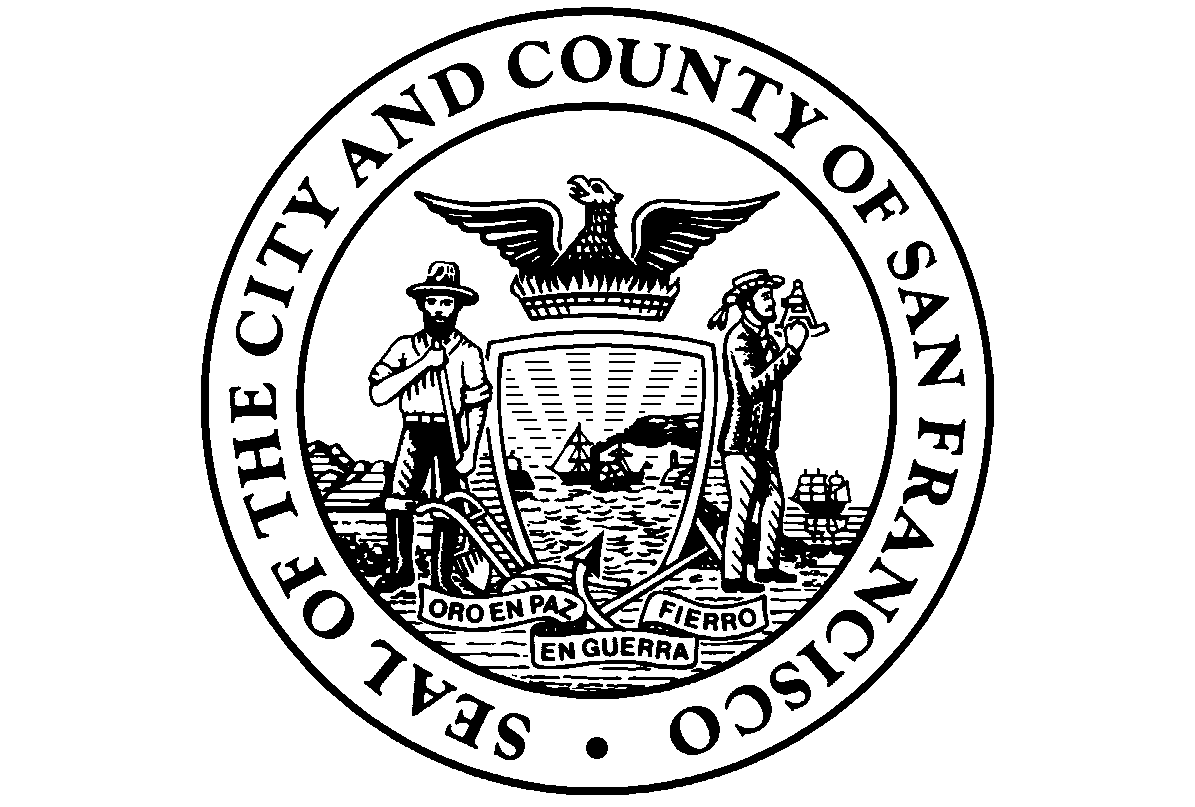
The impacts of climate change on human health are a major concern, particularly for populations with known health disparities. In response to this pressing public health issue, in 2010 The San Francisco Department of Public Health created its Climate and Health Program. The goal of the program is to help San Francisco develop ways to anticipate health effects of climate change by applying climate science, predicting health impacts, and preparing flexible programs. The Climate and Health program receives funding from the CDC to participate in the Climate-Ready States and Cities Initiative. The products of our Climate and Health Program are summarized at our website http://www.sfclimatehealth.org.

The American Medical Student Association (AMSA), with a half-century history of medical student activism, is the oldest and largest independent association of physicians-in-training in the United States. Our strength is giving power to medical students to take action and create change about issues that they care about. AMSA focuses on numerous issues as they relate to health, equity and climate change throughout every leadership year. We do this via writing, advocacy, policy statements, lobby day, programming and everyday actions of our AMSA members.
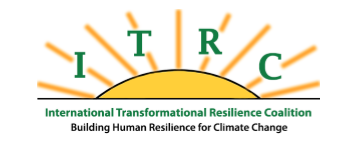
The International Transformational Resilience Coalition (ITRC) is composed of over 200 mental health, trauma treatment, emergency response and other professionals working to address the mental health and psychosocial impacts of climate change. We provide research, skills building, and policy expertise on personal and psychosocial resilience to the traumas and toxic stresses generated by climate change.

We are Minnesota physicians, nurses and allied health care providers committed to bringing the voice of health care to the public debate on clean energy, fossil fuel related pollution and our changing climate. We believe that Climate Change will be one of the greatest public health challenges in human history. Further, it is our conviction that those of us entrusted with the health of our patients, their families and communities have a responsibility to speak out on this most complex of issues.
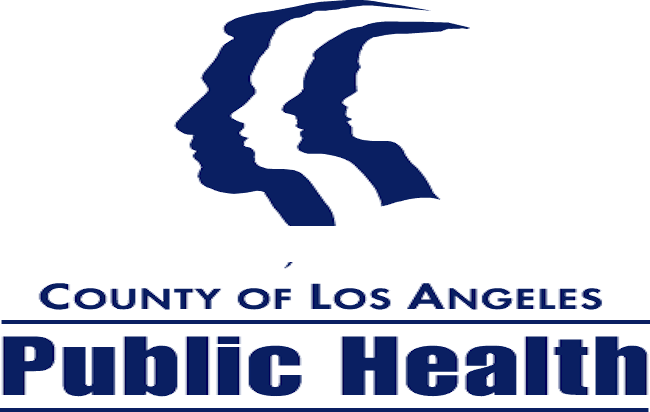
The Los Angeles County Department of Public Health (DPH) is a full-service local health department serving the public health needs of the most populous county in the United States. With nearly 10 million residents in unincorporated areas and 88 cities, Los Angeles County’s demographic and geographic diversity, along with socio-economic and cultural factors, presents many public health challenges and opportunities related to climate change mitigation and adaptation. In 2014, DPH adopted its Five Point Plan to Reduce the Health Impacts of Climate Change, and released two reports outlining the health impacts of climate change in Los Angeles County and the role of various government agencies in addressing climate change.

The Yale Climate Change and Health Initiative deploys multidisciplinary expertise and global reach to train future leaders, provide a comprehensive educational program, and catalyze innovative research, all to address one of the greatest public health challenges of the 21st century: climate change. CCHI is committed to making a meaningful and long-term contribution to successfully confront this challenge.
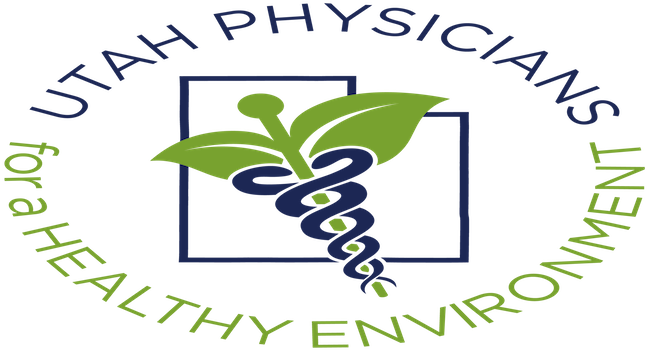
Utah Physicians for a Healthy Environment (UPHE) is dedicated to protecting the health and well-being of the citizens of Utah by promoting science-based health education and interventions that result in progressive and measurable improvements to the environment. With 3,000 members including approximately 400 doctors in Utah and more than 6,000 social media followers, UPHE has educated the public about the risks of air pollution on health for since we were formed in 2007. UPHE has provided in-depth, scientific and technical information to state and federal agencies on projects and rules that could affect public health in Utah. Because of UPHE’s outreach efforts, Utah’s air quality is frequently covered by print and broadcast media and is often cited in polls as a top issue of concern for many Utahans.

Moms Clean Air Force is a community of 1,000,000 moms and dads united against air pollution – including the urgent crisis of our changing climate – to protect our children’s health. We arm members with reliable information and solutions through online resources, articles, action tools, and on-the-ground events. We work across the US on national and local policy issues, through a vibrant network of state-based field teams. Our moms meet with lawmakers at every level of government to build support for commonsense solutions to pollution. Moms have passion and power – an unbeatable combination. We are harnessing the strength of mother love to fight back against polluters.
Burlington
Vermont

Climate change in Vermont is resulting in hotter summers, shorter winters, and more frequent storms. These trends are expected to continue in the future. The devastation from Tropical Storm Irene, the increasing occurrence of Lyme disease, and more frequent cyanobacteria (blue-green algae) blooms are just a few examples of how climate change can impact Vermonters’ health. While everyone’s health is affected by climate change, certain people and places are more vulnerable than others. Taking action to minimize the impacts of climate change can improve the health of Vermonters today and in the future.
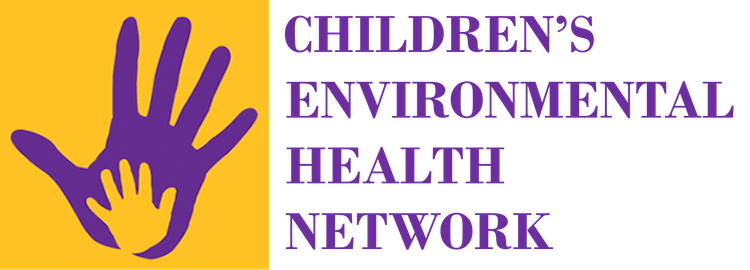
The Children's Environmental Health Network (CEHN) is a national multi-disciplinary organization whose mission is to protect the developing child from environmental health hazards and promote a healthier environment.
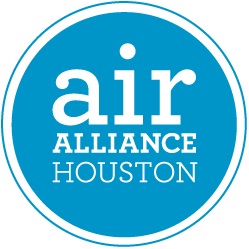
Our mission is to reduce air pollution in the Houston region and protect public health and environmental integrity through research, education, and advocacy.
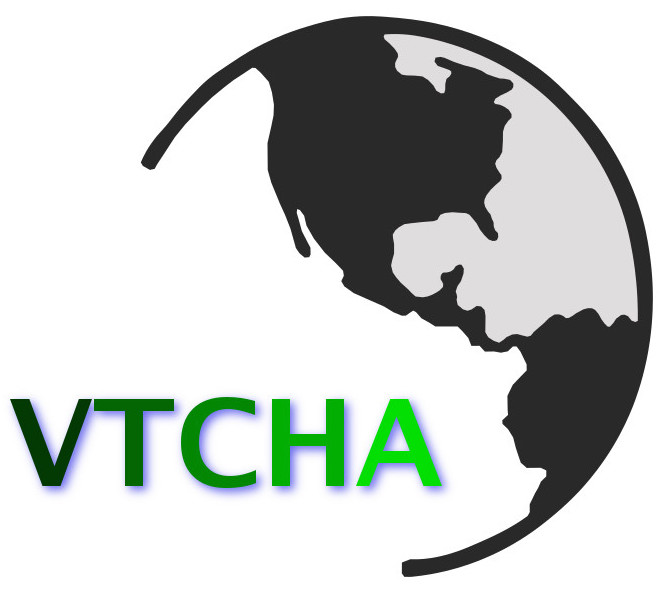
The Vermont Climate & Health Alliance (VTCHA) is a group of Vermont physicians, nurses, therapists, veterinarians, researchers, aides, and other medical/health professionals who share a deep concern about climate change and its impacts on our patients, our children, our communities, and our planet. VTCHA members have joined together in response to a deepening conviction that, left unaddressed, climate change will become an immensely powerful threat to Vermont communities, and to rest of the world.
